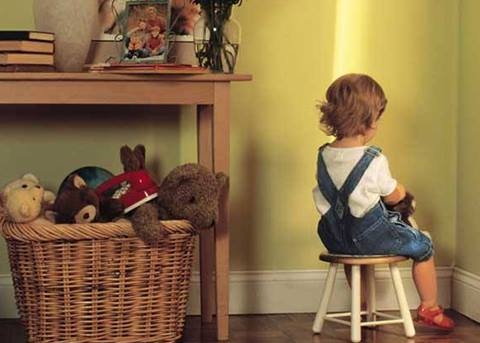The importance of stability and consistency when dealing with children’s misbehaviors
31/10/2016
-Ohana
-0 Bình luận
Parents are often confused about discipline. According to Dr Christopher Green, a highly respected Australian pediatrician at the Royal Alexandra Hospital for Children in Sydney, most parents fear they will lose their children’s love if they are firm, when they are more likely to lose their children’s love and respects if they are weak and ineffectual. Dr Green suggests that parents deal with misbehavior via:

Consistency – Children need to know the limits and exactly what is expected of them. They should sense that their parents (and grandparents if they are sharing child care) are in agreement and in charge. Discipline should be applied consistently by all people involved in child-care. This means staying calm and in control – don’t argue, don’t debate and don’t yell. Use commonsense and cunning: recognize and avoid triggers to bad behaviors. Divert attention, keep them busy. Have sensible expectations, remember that little children are not adults and will not behave as adults. When your child behaves in a way that irritates or upsets you, try to understand what the goal of their misbehavior is. Most often, children want their parents’ attention; some children will be good and some children will be not so good. It really doesn’t matter so long as their parents are paying attention. To a child, a parent telling them that they are wonderful and a parent yelling both produce the same result – parental attention. We are all living in a very busy world, but a parent who comes home late and who works all week-ends, will find that their child needs more attention than most. For these kids, misbehavior is guaranteed to keep their parents attention. So if you are one of these very busy parents, try to spend more time with your children. Try to remember that successful discipline can only come when there is a strong framework of love, being wanted, respected, cared for and feeling important. If children don’t have this prerequisite from their parents, it is both difficult and unwise to firmly mould appropriate behaviors.











